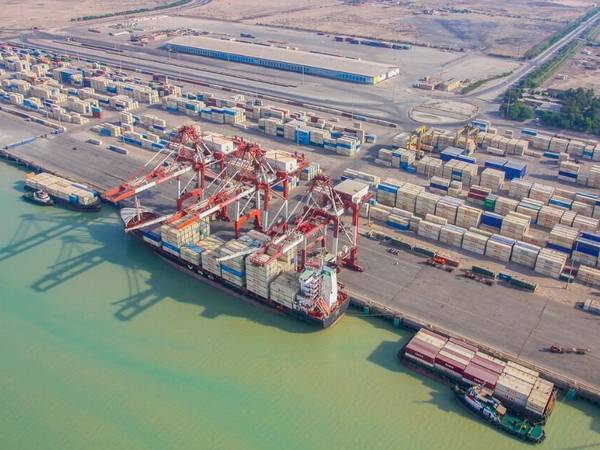The United Kingdom, France and Germany known as the E3 have decided to shut down the INSTEX mechanism, launched in 2019 to facilitate trade with Iran.
The move by the group will be seen as another slap at the Islamic Republic amid souring ties.
The E3 set up INSTEX (Instrument in Support of Trade Exchanges) to help reduce the impact of US sanctions, particularly in relation to humanitarian goods.
However, in a harsh statement it cited Iran’s “continued obstruction” as the reason behind the mechanism’s liquidation this week.
The INSTEX shareholders – Belgium, Denmark, Finland, France, Germany, the Netherlands, Norway, Spain, Sweden, and the UK – voted in favor of the dissolution at the extraordinary general assembly on March 9 considering Iran’s persistent refusal to engage with the facility.
The group said it could no longer justify the INSTEX mechanism in spite of its demand from European exporters, as in the last four years, the Islamic Republic has systematically prevented INSTEX from fulfilling its mandate for political reasons.
“This was born from a political determination to impede the use of INSTEX under any circumstance,” the European countries said, highlighting that the Islamic Republic leadership has chosen “to act against the interests of its people by refusing to cooperate on the export of medicine and other life-saving goods”.
Reflecting the regime’s blatant disregard for its country’s needs, the group said it was clear Iran’s priorities were not in allowing humanitarian aid to reach its people.
“Iran only agreed to a single transaction, in early 2020, for the export of medical goods from Europe to Iran,” the group’s statement claimed. “After that, Iran consistently and deliberately blocked other proposals for transactions between the United Kingdom, Norway, the European Union and Iran.”
Considering the fact that Iran faces numerous difficulties for trade transactions with other countries and has been devising new methods to circumvent the US sanctions, the wording and timing of the E3 statement indicates the disappointment of the European states which have also been vocal in their condemnation of the violent suppression of protesters since September.
INSTEX was designed to reassure European companies that there was a safe mechanism for trade with Iran in the face of many fearing retaliation by the US where they had greater business interests than in Iran.
Major European companies left the Islamic Republic during the summer of 2018 when the Trump administration re-imposed Washington’s sanctions against Tehran following the pullout from the 2015 nuclear deal, the Joint Comprehensive Plan of Action (JCPOA).
At the time, Tehran was not so eager to use INSTEX because it seemed more of a symbolic gesture by the European parties of the JCPOA to make sure the Islamic Republic remains committed to the deal.
One Iran-born analyst in Germany said the reasons behind Iran’s reluctance is that INSTEX does not guarantee oil purchase from the regime, nor does it cover other countries such as China and India. Focusing on food, medicine and medical supplies, the regime felt it was not even a financial channel, more of an accounting company.
Responding to the announcement, Tehran said it never relied on the trade mechanism and has found other ways to safeguard its economic interests.
Foreign Ministry spokesman Nasser Kanaani said on Friday “Unfortunately, European governments failed in launching INSTEX effectively … and they did not implement the necessary measures for activating the instrument.”
He said that the main reasons for the failure of INSTEX are “lack of serious will” and “inability” on the part of the European governments to compensate for the US pullout from the JCPOA.
Masking the diplomatic setback, he said: “Tehran had never pinned hope on INSTEX as it has been conducting its international trade through other international financial and banking channels.”
